Geoffrey Moon, NMAG Past President
In mid-December 2013 I was diagnosed with pneumonia – for a second time. My doctor apologized for giving me a too-weak dose of antibiotics for a teacher who worked in public schools and wrote a new, stronger prescription. I eventually recovered, but for the first time in a decade my family didn’t travel for the winter holidays. Thanks to the wonder of internet shopping, my wife and I got to explain to our children why Santa delivered their presents to the wrong house.
As in medicine, education is supposed to help a person get better, and avoid harm.
I don’t blame my overworked doctor for my pneumonia, but I do think of her when parents and teachers ask me whether a program is appropriate to meet the needs of a smart child. Sadly, education often under-treats intellectually able children. Why?
“Giftedness” is a problematic concept. When children are called gifted, it may imply to some that they already have more than most and therefore need less. In fact, being intellectually gifted in childhood means that a kid learns faster than average, stands to repeat a lot of things they already know in school, and needs accelerated education to stay motivated and learning. And, while high ability sounds like a privilege, many able students come from disadvantaged backgrounds.
Only able students with motivation and opportunities to learn are likely to develop high performance. Tragically, for educationally under-dosed high schoolers, giftedness can mean lugging around a present they can’t open – one that causes stress, anxiety, and hopelessness.
How can we avoid educational under-dosing for intellectually able students? This is a checklist I use for considering whether a program is sufficient to “treat” giftedness:
- Kind: Is the educational program focused on the student’s area of high ability? Just as different infections respond to different antibiotics, gifts must be treated according to type. For instance, a student with a gift in math needs talent developed in that area; if educational services were only provided in language arts, they would treat the wrong condition.
- Degree: Is the program strong enough? Research in gifted education indicates highly able students need opportunity to learn in their area of talent every day. A reasonably ambitious goal for such services is learning a rate of 1.3-1.5 times average. Like antibiotics for pneumonia, without sufficient treatment, a gifted education program may not be effective.
- Context: How does the school environment help? In schools with acceleration options like Advanced Placement, International Baccalaureate, dual enrollment, or high school in middle school, less add-on gifted education service may be necessary. Conversely, in schools that mostly support grade-level education, gifted education programs may need to shoulder the bulk of a student’s talent development.
- Other Conditions: How does the student’s opportunity and circumstance support or require compensation? Most students who successfully develop their gifts into talents do so because of a combination of successful schooling and out-of-school experiences. While students from racial/ethnic minorities, non-English speaking groups, and low income are generally underserved by gifted education, these very students stand to make some of the greatest gains. They may require more support to develop their talents, to compensate for difference in access to resources, just as people with different conditions need different treatment to get well.
As parents and educators of intellectually gifted students evaluate whether a student’s plan is enough to meet the need, they should treat giftedness ambitiously. Gifted education programs can help close gaps in educational opportunity, make school more meaningful, and prepare capable children to become adults who improve our world.
- April and June TAPAS Trainings - April 15, 2024
- Spring Newsletter 2024 - April 14, 2024
- Upcoming TAPAS Trainings - February 20, 2024
- NMAG Fall Institute 2023 - August 5, 2023
- NM PED Gifted Rule Change Open for Public Comment - June 4, 2023
- NMAG Supports HB 483! - February 16, 2023
- Spring 2023 TAPAS Training - January 27, 2023
- Fall TAPAS Training - September 6, 2022
- Join Us This Fall!!! - August 13, 2022
- NMAG March Newsletter - April 30, 2022
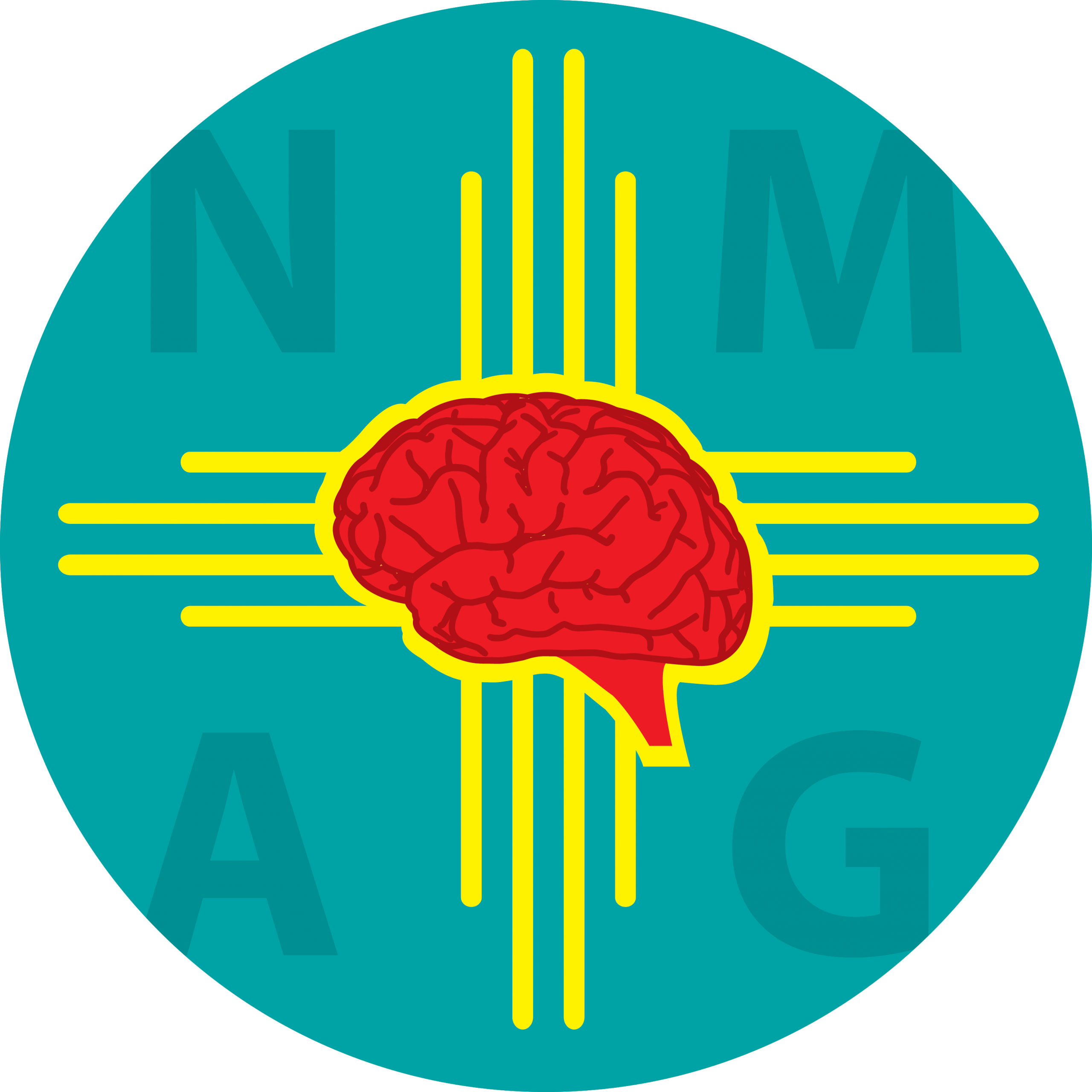
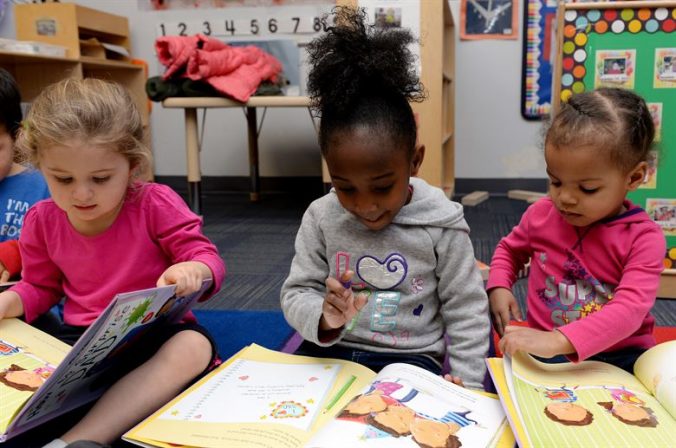
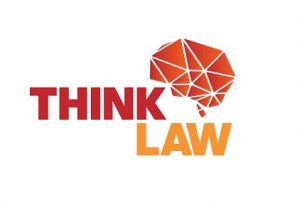
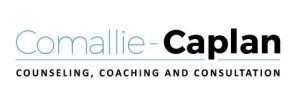

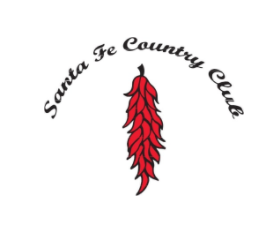
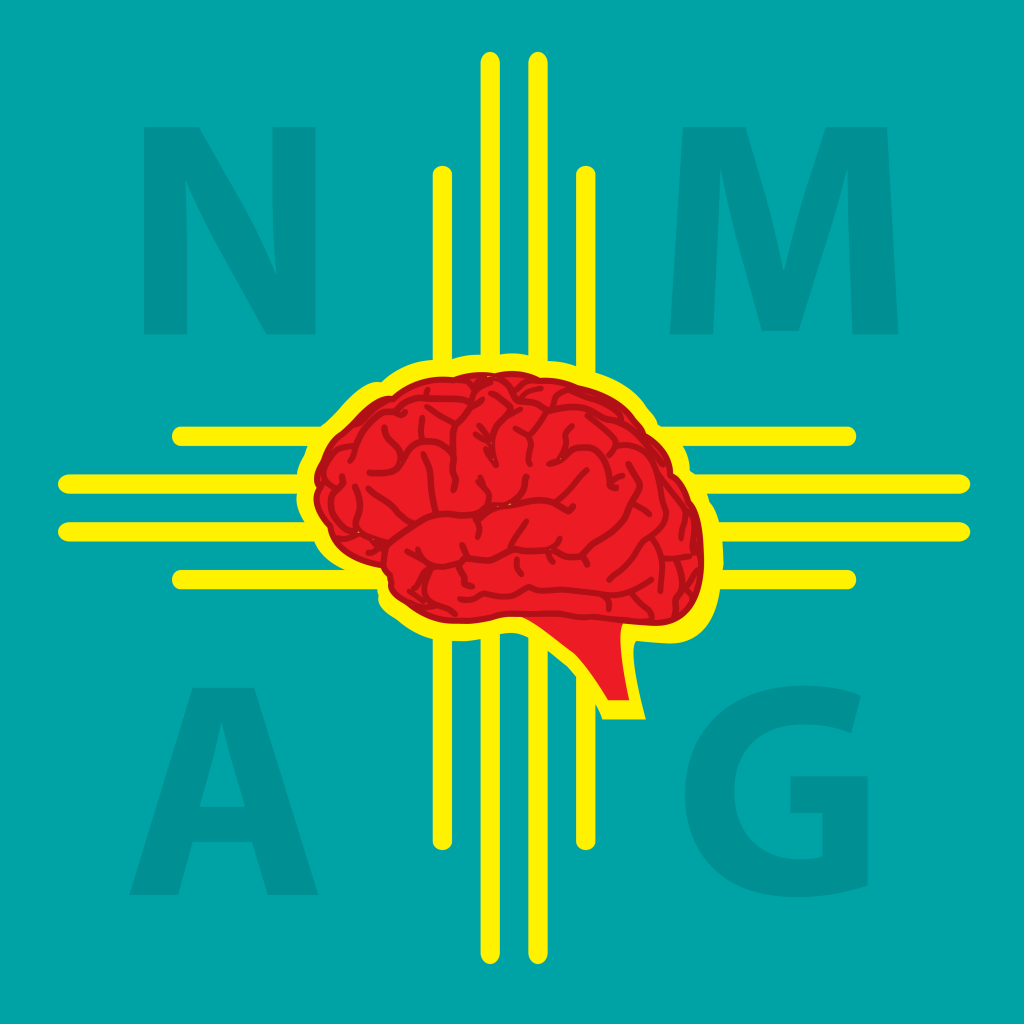
Leave a Reply
You must be logged in to post a comment.